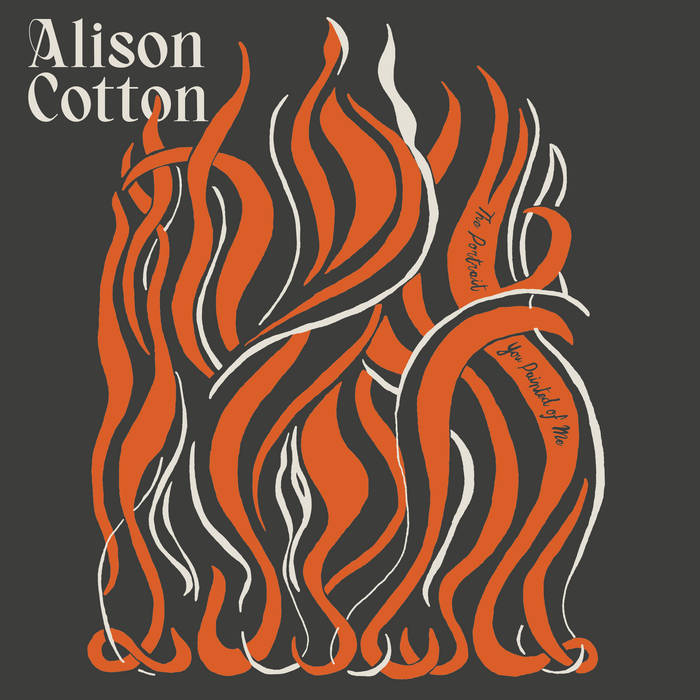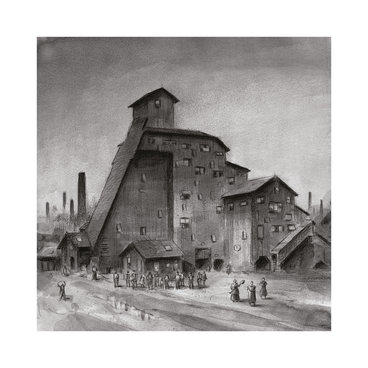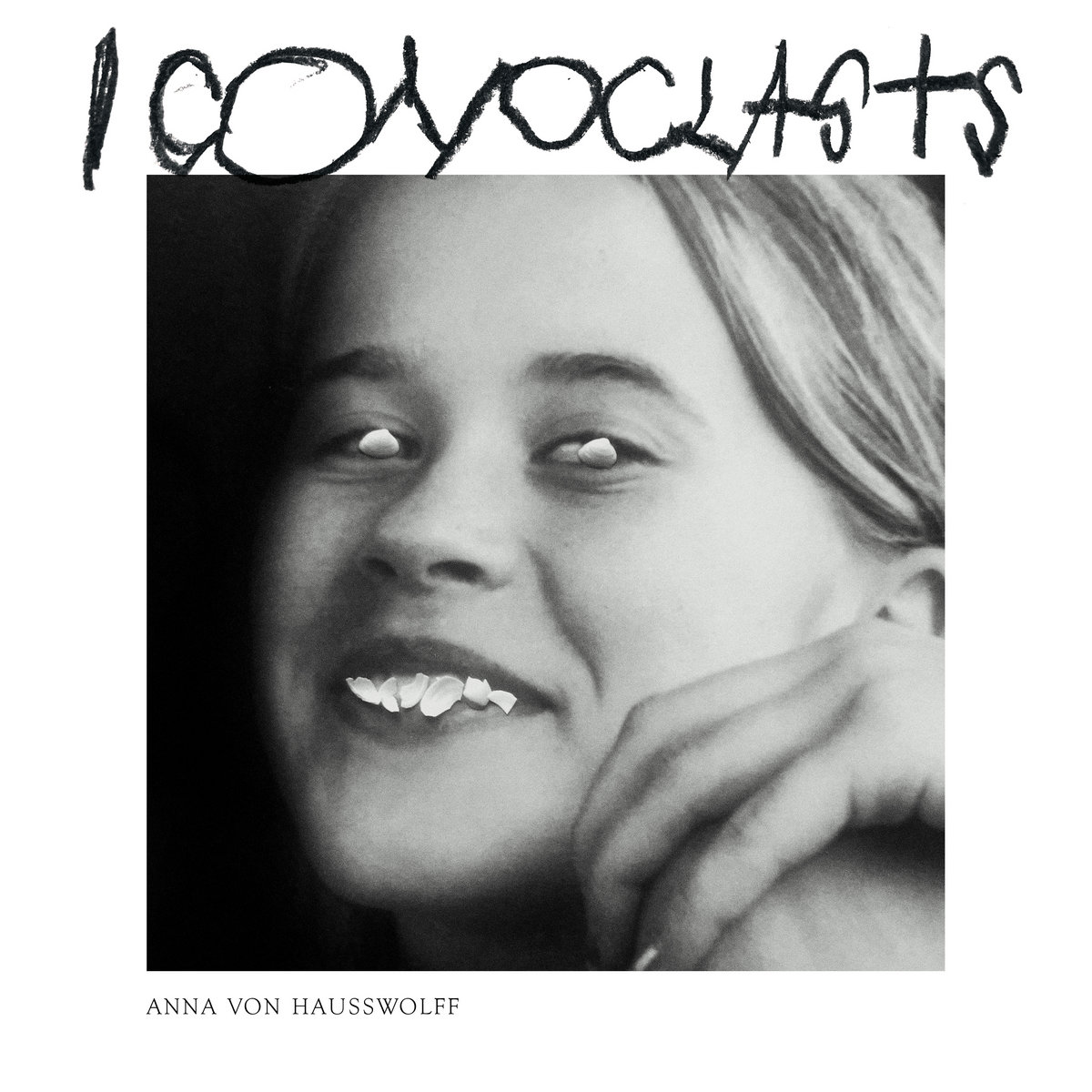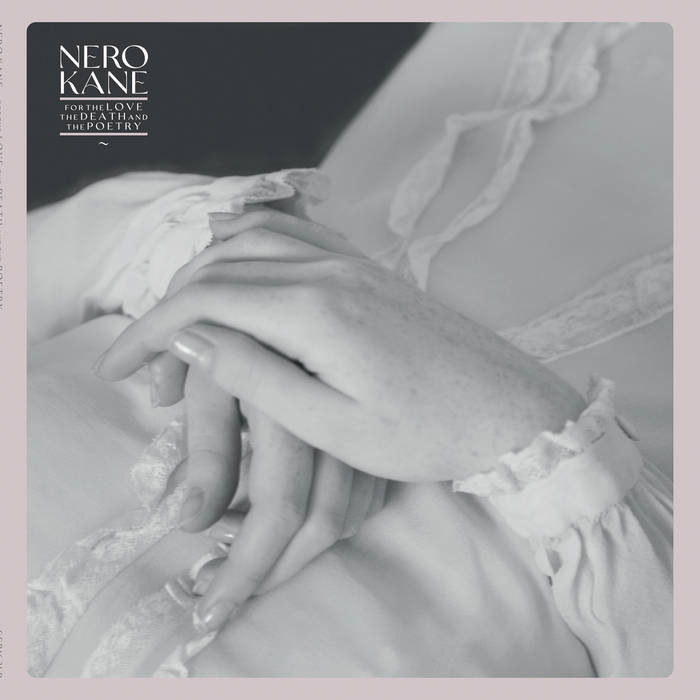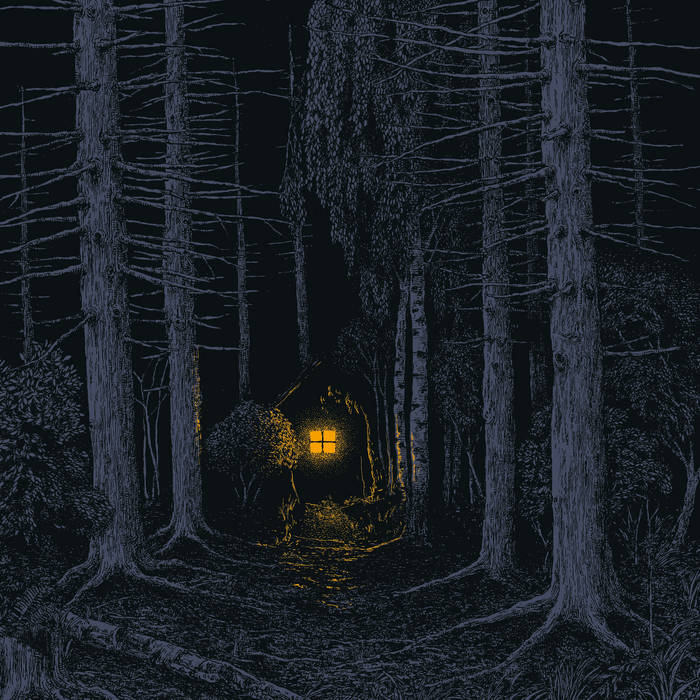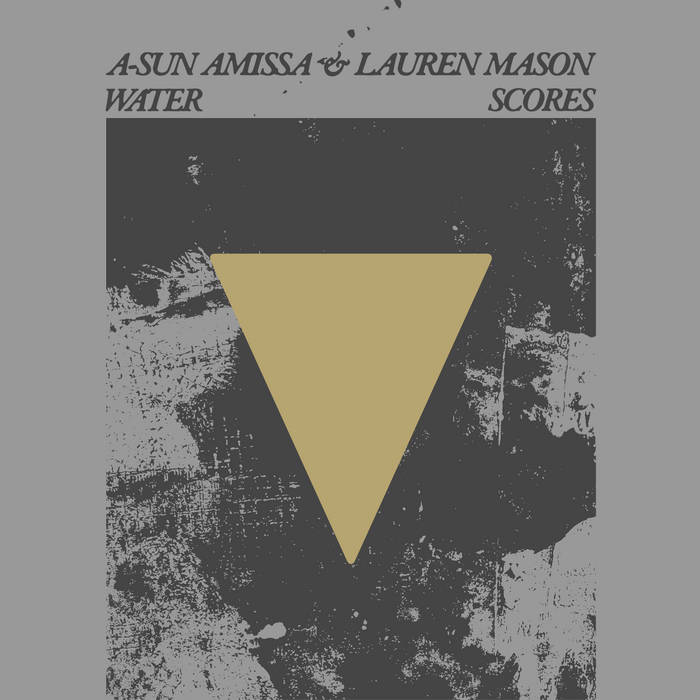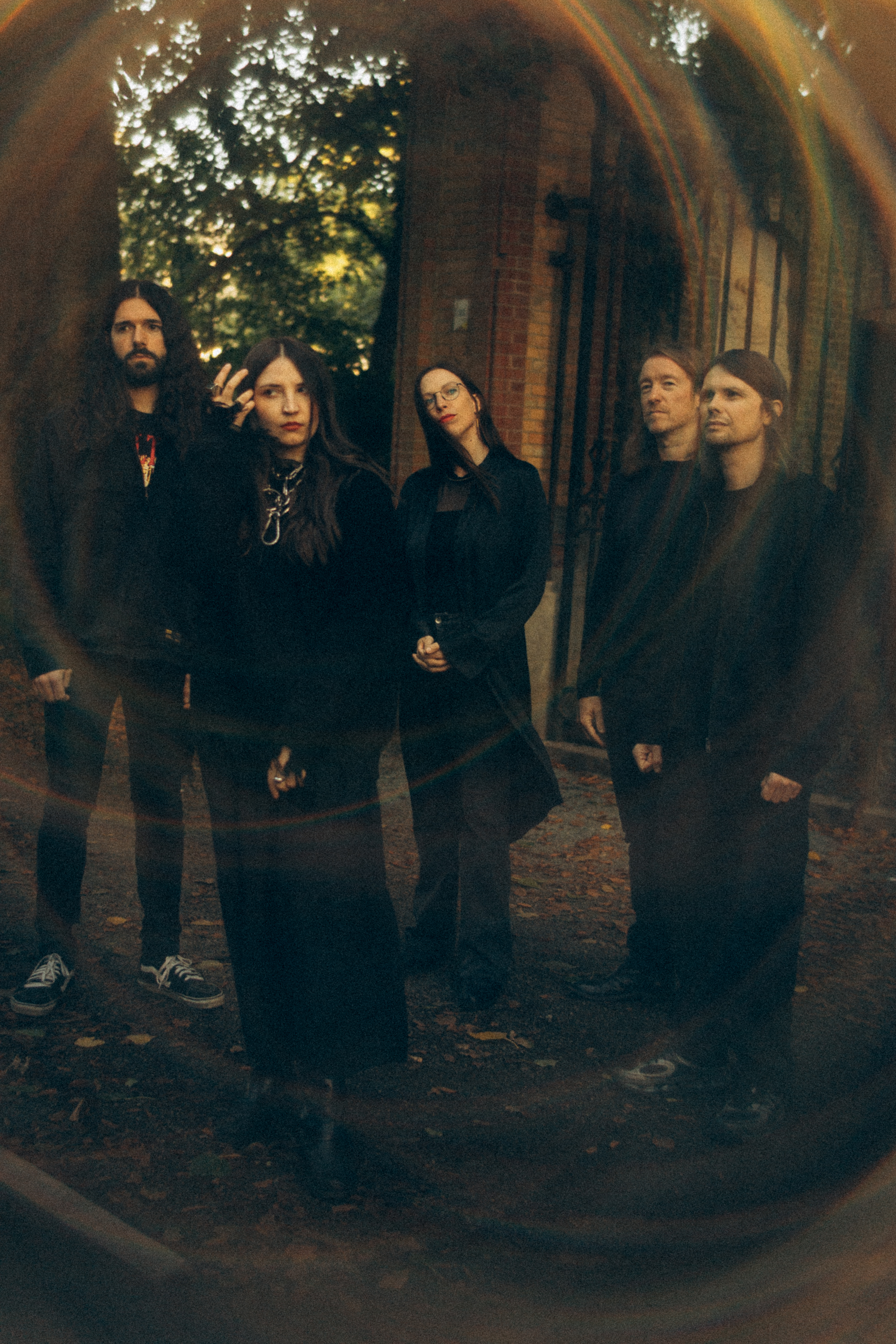Obsessions over genre are, frankly, boring. Rarely do they contribute to enjoyment of the music; often they just create noise, yet another excuse to commodify and compartmentalize your attention. Do you really need another algorithm in your life, a plug-and-play list of “relatable” content, another automaton spitting out pre-programmed FFO comparisons? I’d wager no. There is hardly any experience left, very little value in that robot’s game. The music of Alison Cotton is about giving yourself over to the experience. So, listen, with your whole body. Dump all the data—you are not a computer, nor should you think or feel like one—and get reacquainted.
Alison Cotton will feature twice at Roadburn 2023, performing solo and collaborating with Dawn Terry, as part of Rocket Recordings’ 25th anniversary curated showcase of artists. If her latest album The Portrait You Painted of Me is any indication of what those performances might hold, expect to be overwhelmed, scuttled and at the mercy of whatever emotional stowaway has concealed itself belowdecks. Languorous songs woven from broad, ductile swaths of viola, voice, and harmonium—occasionally accented by percussion, piano, and poetry—have a way of unlocking, unloosing what’s knit. There is magic in this music because there is magic in you.
It begins with voice, prior to speech, a grounding exercise. With your feet clasping earth, emit pure breath, natural and unforced. Send it gently aloft in a harmonic minor scale because it’s human. Fill the air with your echoes, round the curls of fifths to harmonize the syllable of self, vibrate ‘til you are many. So the soul is scried in “Murmurations over the Moor”. Viola noses “The Last Wooden Ship” into a tidal sway of harmonium and voice at the point of a diminished fifth. Sharp and haunted, the diamond prow scuds athwart the droning swells for a time before tacking across less turbulent waters. The viola’s edges now abraded and smoothed, a resolving minor figure is tapped out on piano to usher in a long calm, now and again bestirred by tackle rattling in the wind over long, dark arching waves. The tattered, voiceless folk lay “I Buried the Candlesticks” is a harrowing engine. Layers of fiddle are pushed and pulled across one another, stretching and tearing the fibers of pitch, while tambor triplets distend ritual time underneath. On “That Tunnel Underground Seemed Neverending”, doleful fragments of melody snatched from the leaden hum of comatose industry recall impossible lines from a favorite poet: “Stranger, turn back again, frustrate and vexed: / This land, cut off, will not communicate”. The experience concludes with a cathartic dirge memorializing the Seaham Lifeboat Disaster, “17th November 1962”. Cotton intones over a recurring harmonium pulse reminiscent of a foghorn, her viola at last cresting in tremolo after so long hewing patient and temperate.
The penultimate piece is the album’s most poignant. A ballad in the tradition of the lady-in-the-tower variety—although more concerned with the creative artist’s struggle for autonomy than with any captive damsel of fairy tale—“Violet May” attains as much ritual gravity as the experimental fare it sits alongside, despite its apparent conventionality. Gorgeous sweeping, stuttering viola twines with Cotton’s delicately articulated, authentically accented singing, delivered with heart-clenching caesura and suspense. It’s an invitation to reflect on “a portrait you painted of me”. Could it be otherwise? Does mindless infoglut, this datamining drive for more content, give you space to think (think, not compute!), feel and be human? No, I don’t really mean that mindful pablum “holding space,” or any other such preordained solipsism infesting your feed. Are you content? In this world, can you be content you crave, at once enough and more, because human and incalculable? Be human, don’t be an algorithm. Don’t do the robots’ job for them.

